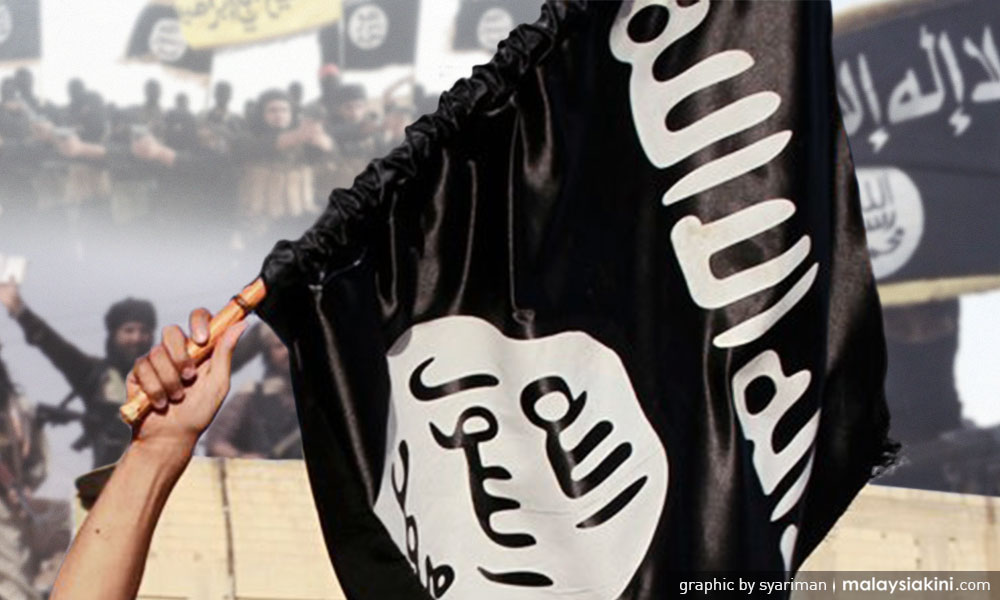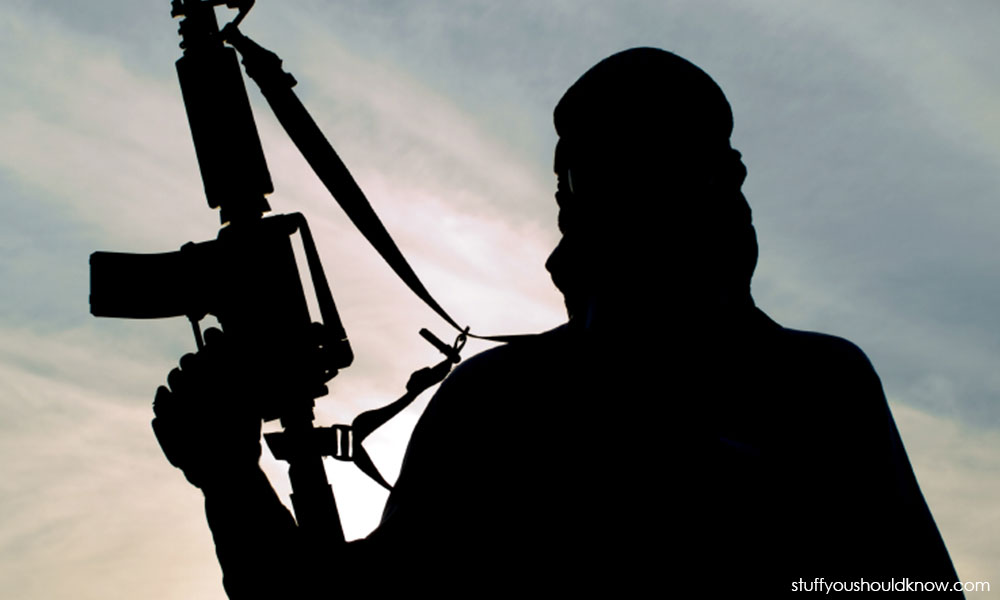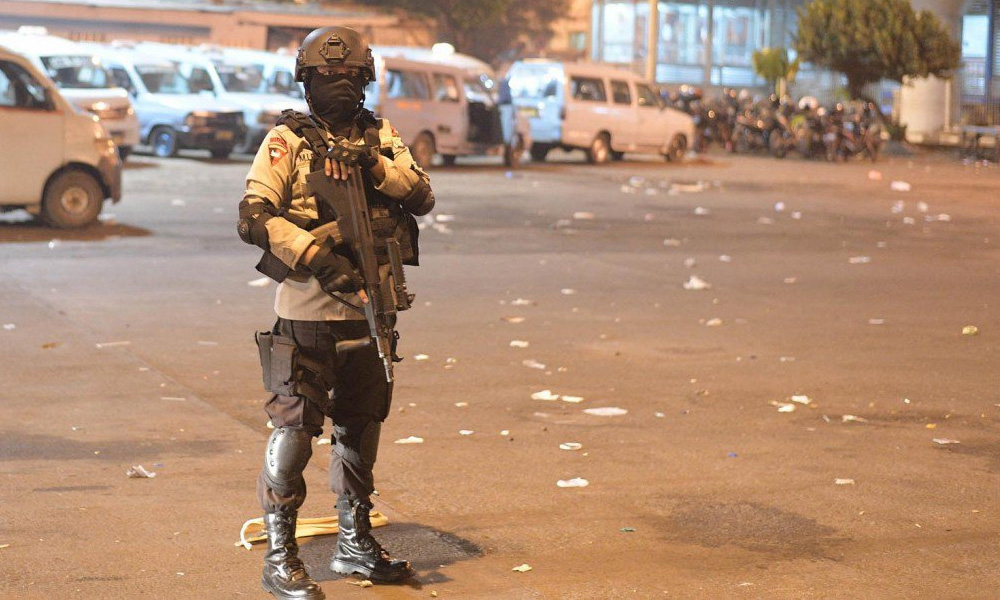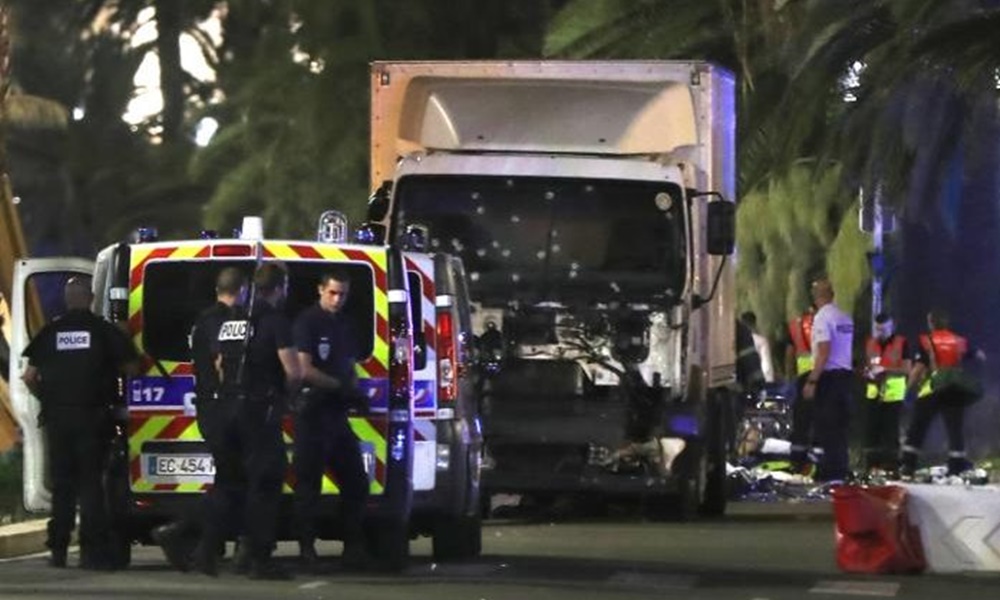Terrorism remains a persistent global threat, impacting countries across all continents and affecting a wide range of civilians.
These attacks are often indiscriminate, targeting soft spots such as public spaces, religious gatherings, and cultural landmarks.
One period of heightened risk for terrorist incidents in many countries, including Germany, is the Christmas season. Christmas markets, crowded shopping areas, and holiday festivities provide both symbolic and practical targets for extremists aiming to inflict maximum harm and instil fear.
Terrorist groups, from Al-Qaeda and Islamic State to domestic extremists, have long understood the symbolic value of Christmas as a moment when society gathers to celebrate. These attacks are often designed to disrupt holiday cheer and create fear among civilians.
This article will examine significant terrorist attacks worldwide, with a particular focus on those that occurred in Germany during the Christmas period, offering pertinent details and analyzing the impact of such incidents.
Magdeburg, Germany
A recent report has revealed the tragic details of a vehicle-ramming incident that occurred at a Christmas market in Magdeburg, Germany.

This horrifying event has resulted in the loss of at least five lives, including that of a nine-year-old child, which has deeply shocked the local community and the nation as a whole. The remaining four victims were adults, as confirmed by law enforcement authorities who are investigating the incident.
The attack unfolded as a car surged into a crowd of festive attendees, causing chaos and panic among the approximately 200 individuals who were injured in the incident.
Many of those hurt sustained serious injuries, and emergency services were quickly deployed to the scene to provide medical assistance and transport victims to nearby hospitals.
The Christmas market, a popular gathering place during the holiday season, was filled with families and friends enjoying the festive atmosphere when the tragedy struck.
The suspect in this devastating attack has been identified as a 50-year-old physician from Saudi Arabia. He has been living in Germany since 2006, and authorities have taken him into custody for questioning.
The investigation is ongoing, with law enforcement officials working to determine the motive behind the attack and whether it was an act of terrorism or a targeted assault.
The vehicle used in the attack has been confirmed as a rental car, raising further questions about how the suspect was able to acquire it and whether there were any warning signs leading up to the incident.
As the community mourns the loss of life and grapples with the aftermath of this tragedy, discussions surrounding security measures at public events, especially during the holiday season, are likely to intensify.

In the wake of this incident, local officials and community leaders are calling for increased vigilance and enhanced safety protocols to protect citizens and prevent similar occurrences in the future.
The impact of this attack will be felt not only in Magdeburg but across Germany, as the nation reflects on the importance of safety and security during a time meant for celebration and joy.
Stockholm truck attack (Sweden, 2017)
On April 7, 2017, an attack occurred that, while not directly associated with the Christmas season, took place within a comparable holiday context. A terrorist commandeered a truck and drove it down Drottninggatan, a pedestrian thoroughfare in Stockholm, Sweden, colliding with shoppers.
This incident transpired during a bustling time, as crowds were engaged in post-Easter shopping activities. The perpetrator, Rakhmat Akilov, an Uzbek national, was subsequently determined to have been motivated by ISIS ideology.
Although the attack took place in the spring, it bore similarities to the Christmas market assaults, such as the one in Berlin, in terms of both its execution and its target of innocent civilians during a crowded shopping day.
The incident heightened concerns regarding the susceptibility of public spaces to attacks, prompting many European cities to enhance security protocols for public holidays in the subsequent years.
2015 Jakarta Christmas attacks
On Jan 14, 2016, shortly after the Christmas festivities, Jakarta, the capital of Indonesia, experienced a series of coordinated terrorist assaults, which included bomb detonations and gunfire in proximity to a Starbucks Café and the Sarinah shopping mall.
The perpetrators were linked to the IS terrorist organisation. Although this incident occurred in the wake of Christmas, it was emblematic of a larger trend of terrorist activities aimed at high-profile locations during the holiday season.

The attack specifically targeted civilians during a period when many were still engaged in post-Christmas celebrations.
This event marked one of the most significant terrorist acts in Southeast Asia during that time, underscoring the alarming reality that no region, including relatively tranquil cities in Indonesia, is immune to the threats posed by global terrorist networks.
2018 Strasbourg attack
The Strasbourg Christmas Market attack in December 2018 had profound repercussions for Germany, given its geographical proximity to the German border and the significant number of German visitors to the market.
The attack, perpetrated by Cherif Chekatt, involved an assailant who opened fire at the market, resulting in the deaths of five individuals and injuring more than 10 others.
Although the incident occurred in France, its effects resonated deeply within Germany, prompting authorities in adjacent cities, such as Kehl, to bolster security protocols. Local Christmas markets also increased surveillance measures in response to the attack.
The targeting of Christmas markets and festive gatherings during the holiday season underscores a convergence of factors: the holiday’s symbolic significance, the presence of large crowds, and the inherent vulnerabilities of such events, which often lack rigorous security.
For terrorist organisations, public celebrations during Christmas present an opportunity to instigate chaos and instil fear, thereby attracting global attention.
Traumatic
In Germany, the Berlin Christmas Market attack of 2016 was particularly traumatic, undermining the nation’s sense of safety and leading to substantial revisions in security policies.

This incident also catalysed enhanced anti-terrorism collaboration across Europe, as officials acknowledged the necessity of strengthening defences at public gatherings.
On a global scale, terrorist groups such as IS have deliberately targeted holiday celebrations to amplify the emotional and psychological ramifications of their attacks.
The Magdeburg attack and similar incidents illustrate how extremist factions exploit cultural, religious, and celebratory occasions to advance their ideological agendas.
As a result, nations worldwide, particularly in Europe, have adopted a more vigilant stance during the holiday season, reinforcing security in public spaces and investing in counterterrorism initiatives to address the threat.
Conclusion
The risk of terrorism during the Christmas season, especially concerning public gatherings such as Christmas markets, poses a considerable challenge to global security.
Germany, known for its longstanding tradition of Christmas markets, has regrettably experienced such attacks, with the Berlin Christmas Market attack and the Magdeburg incident serving as particularly tragic examples.
Despite enhanced global security measures, the decentralised nature of contemporary terrorism, often fuelled by extremist ideologies, complicates efforts to effectively reduce these threats.
Ongoing vigilance from authorities and collaboration among international intelligence agencies are essential to thwarting potential attacks during these sensitive periods, allowing the festive spirit of the season to be celebrated without the looming threat of terrorism. - Mkini
R PANEIR SELVAM is the principal consultant of Arunachala Research & Consultancy Sdn Bhd (ARRESCON), a think tank specialising in strategic national and geo-political matters.
The views expressed here are those of the author/contributor and do not necessarily represent the views of MMKtT.




No comments:
Post a Comment
Note: Only a member of this blog may post a comment.